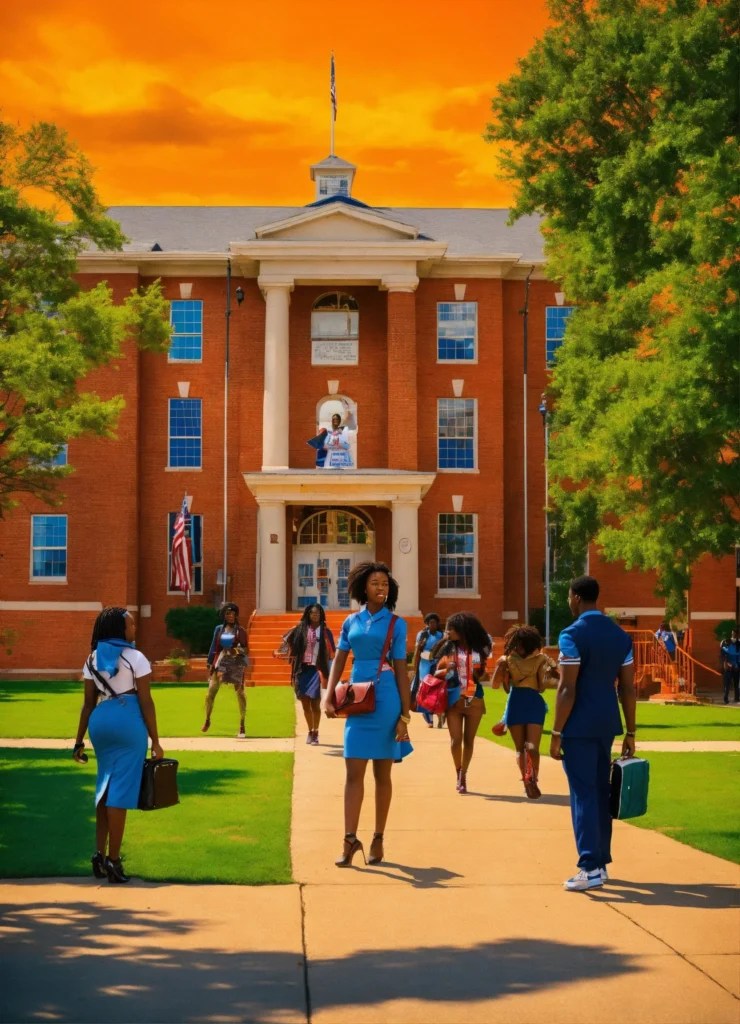The digital age has brought unprecedented connectivity and convenience, yet it also harbors vulnerabilities that can shatter trust and impact lives with far-reaching consequences. Recent revelations, colloquially known as the "angelaincollege leaks," have sent ripples through academic communities, extending beyond immediate headlines to subtly yet profoundly alter the student experience in ways many are only beginning to comprehend. This expos delves into the less-obvious repercussions, exploring how these events are quietly impacting students, forcing a reevaluation of digital privacy, institutional responsibility, and the very fabric of campus life.
Editor's Note: Published on 2024-07-30. This article explores the facts and social context surrounding "10 ways the angelaincollege leaks are secretly impacting students you wont believe 7".
The Genesis of Digital Distrust
The "angelaincollege leaks" surfaced without overt fanfare, initially circulating through private channels and obscure online forums before gaining traction within the broader student body and subsequently catching the attention of administrators. While the exact content varied, the core involved the unauthorized disclosure of sensitive, often personal, data pertaining to students within a specific academic institution. This breach was not a simple data dump; it often included highly granular information, from academic performance metrics to private communications and even details perceived as innocuous but capable of significant personal impact when aggregated. The immediate reaction was a palpable sense of shock, quickly giving way to apprehension as the scope of the exposure became clearer. Students grappled with feelings of betrayal and violation, questioning the security of their digital footprint and the implicit trust placed in their educational institution.
"This isn't just about data, it's about dignity," remarked Dr. Evelyn Reed, a digital ethics specialist. "When personal details, no matter how minor, are exposed without consent, it erodes the foundational sense of security and privacy that young adults need to thrive, especially in an environment they perceive as safe."
Subtle Shifts in Campus Dynamics
Beyond the immediate distress, the leaks initiated a series of subtle, yet pervasive, shifts in how students interact with their peers, faculty, and the digital infrastructure of their college. A discernible uptick in digital paranoia became evident, with students growing increasingly wary of sharing personal information online, even within official university platforms. Collaborative tools, once embraced for their efficiency, began to be viewed with suspicion, leading to a noticeable decrease in participation or a shift towards more guarded, less spontaneous interactions. This erosion of trust extended into social spheres, fostering an environment where gossip, speculation, and misinterpretation could thrive, sometimes unfairly targeting individuals whose data was exposed. The psychological toll was significant; heightened anxiety, a feeling of constant surveillance, and the burden of managing an altered digital reputation became unspoken struggles for many. It underscored how deeply personal information, once public, can influence identity and social standing within a closed community. The sensational nature of some leaked details, particularly those referred to in the headline as 'you won't believe 7,' amplified these anxieties by suggesting that even the most private facets of student life were susceptible to exposure.
